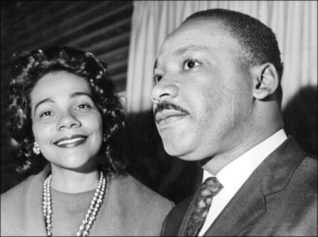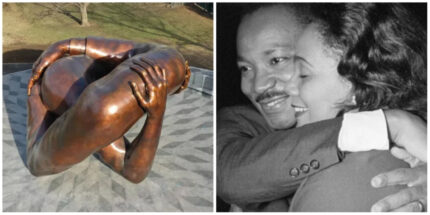A historic church was discovered vandalized Monday, and the pastor says the place of worship’s doors are open to the people responsible as police investigate.
Isaiah Waddy, is the pastor of Saint Paul African Methodist Episcopal Church, which was vandalized on Jan. 21, the day honoring Dr. Martin Luther King Jr. The incident is said to have occurred after the celebration that afternoon, 11Alive reported.
Vandals spray painted the numbers “666” and “Pay Back” across the nearly 56-year-old church’s windows and some of a brick wall.
“Everybody just kinda left sad and somber,” Waddy said to WSB-TV of the response to the vandalism, which was promptly cleaned up by the church members. “We just know it had to be someone who, obviously, is mad at the church.”
The pastor added the discovery was “disturbing” given it occurred on the federal holiday honoring the civil rights icon and reverend.
Members of Saint Paul A.M.E. also didn’t hesitate to call the local news. The station got in touch with police, who said they’re looking into the incident as criminal damage to property.
As for why the unknown vandals took a bottle of spray paint to the church? Waddy has some guesses. He also noted he doesn’t know what sort of message the vandalism was meant to send.
“Could be a part of devil worship or something like that,” he said. “But the payback part was really off the cuff. The church has been here a long time and none of us know of any incident like this.”
Despite the disturbance, Waddy said the people responsible are welcome to join them for Sunday service.
“Please come back on Sunday and worship with us,” the pastor said. “You don’t have to say, ‘I was the one did it,’ just come in.”
Speaking to 11Alive, Waddy said he’s not worried about security going forward because security is typically available most of the time, especially during services.
“We refuse to operate in fear, we’re not gon’ do that,” he said. “We’re prayerful that that was just a one-time event. Somebody just was venting. So, we feel pretty comfortable that we’re safe.”


